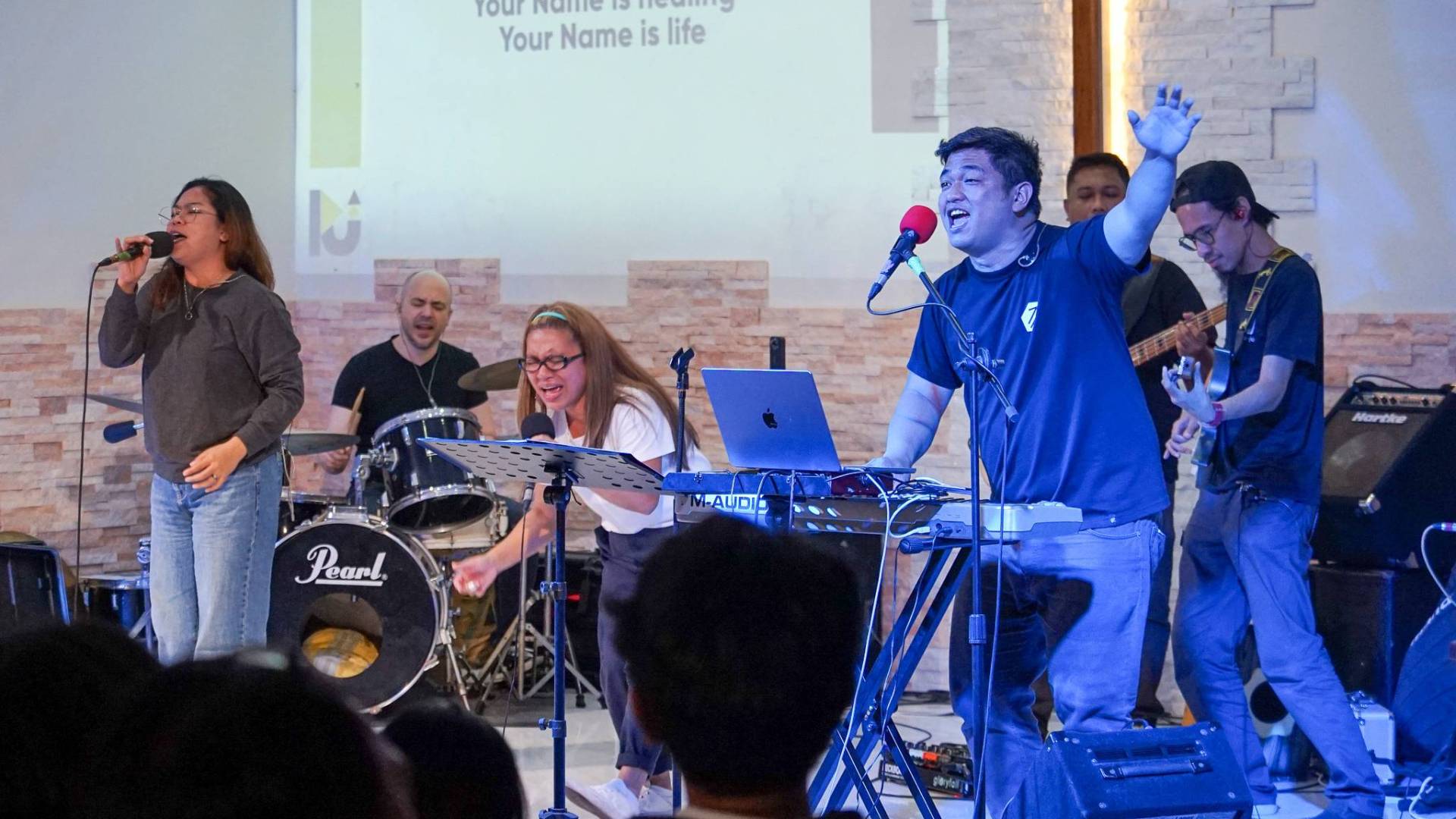President Joe Biden is out of the 2024 race, and Vice President Kamala Harris is angling to lead her party’s ticket. In the surge of interest in her revised candidacy this past week, online attention has focused on two of her turns of phrase. One is a line Harris has apparently been repeating for many years, returning to it so often that a four-minute clip of her saying it dozens of times is trending on social media.
That line—a call to envision and work toward “what can be, unburdened by what has been”—has been widely placed in tension with the other phrase in which Harris, quoting her mother, scoffs at those who “think [they] just fell out of a coconut tree.” No, she says, “You exist in the context of all in which you live and what came before you.”
Such a tension would be interesting—if it existed. It’d suggest a thoughtful balancing of progressive and conservative impulses, of aspiration for benevolent advancement and respect for wise tradition, of acknowledgment of the real ills of history alongside a quest for the careful preservation of its goods.
Unfortunately, this supposed tension is not evidenced. The contradiction is not within the vice president’s thinking but across the partisan divide, as Harris looks likely to lead Democrats toward a simplistic condemnation of bygone times while the GOP just as simplistically embraces a nostalgia so rosy it is sometimes false.
Listen to the coconut comment in context, as the line itself suggests we should, and you’ll find Harris isn’t speaking about respect for prior generations or retrieval of the virtues of the past. She’s accounting for the evils and woes of history so as to better progress toward equity in the future. Some young people are disadvantaged by lingering effects of the bad old days, Harris explains, which means that to help them, state programs may also have to help their families and communities overcome their pasts.
That’s probably correct at the level of practical guidance for members of the federal working group to whom Harris was speaking. But at a deeper level, it evinces the same negative attitude toward history and tradition that the “unburdened” quote so efficiently communicates. There is no thoughtful tension. There’s only a revolt against the trappings of the past.
That posture would mark a significant difference between Harris and her predecessor—for Biden’s age, long tenure in Washington, and predilection for reminiscing about his late father and son all incline him to a mixed view of history. Many of Biden’s policies are progressive, but his attitude toward the past is neither uniformly critical nor nostalgic.
(At the height of 2020’s iconoclastic fervor, for example, he distinguished “between monuments to Confederate leaders and statues of slave-owning former presidents such as Thomas Jefferson and George Washington, saying the former belong in museums while the latter should be protected.”)
More important than her difference from a retiring Biden, though, is the contrast between Harris as a probable new leader of the Democratic Party and her rivals across the aisle.
Always in recent decades the party more inclined to look longingly at the past, the Republican Party of our moment is all-in on nostalgia: for the first Trump administration, for the Reagan years, for official prayer in public schools, for one-income households and company pensions, for traditional gender roles and a robust drug war and a time when “woke” was not in our lexicon. For the 1950s or the 1890s or the 1770s or whenever it was, exactly, that America was pure, powerful, and great. Make America Great Again is the slogan, after all.
As constitutional scholar Yuval Levin observed in National Review earlier this year, nostalgia politics used to be bipartisan. Go back 10 or 15 years and you can find baby boomer Democrats reminiscing about middle-class mid-century Middle America just as fluently as their Republican counterparts.
“I grew up in an America that invested in its kids and built a strong middle class; that allowed millions of children to rise from poverty and establish secure lives,” Levin quotes Democratic Sen. Elizabeth Warren telling her party’s convention as recently as 2012.
That kind of rhetoric has been in decline for three presidential election cycles—on the left, that is. And if Harris clinches the Democratic nomination, we may expect her to move her party further on to “what can be,” “unburdened” by the regressive “context of all in which you live” and the oppression of “what came before you.”
Nostalgia politics have not comparably declined on the right, nor does that seem likely so long as the GOP is helmed by former president Donald Trump and his literal or political heirs. And this strikes me as a serious problem.
The problem is not that some of us would be generally pro-history and others pro-future. It's not that some of us would tend toward tradition and others toward progress. It's that some of us would have such revulsion for the present and others such revulsion for the past, and that polarization would push us to see this split as a matter of partisan loyalty and animosity—that history would be reduced to burden or meme.
The tension (wrongly) perceived in those two lines from Harris is good. It is a tension that should make sense to Christians, we who affirm the goodness of creation and new creation, who understand humanity is both fallen and retentive of God’s image, who pass on the faith of our forebears while living with the consequences of their sins (Deut. 6:5–9; 5:9–10).
We worship a God who does not erase history nor spare us its pains, some of them self-inflicted (Ps. 7:14–16)—but who does promise to redeem that suffering (Rom. 8:18–21), to bring justice and forgiveness (Ezek. 18), and to rescue us from sin, evil, and death itself (Heb. 2:14–15).
For us, to fall entirely on one side of a simplistic pro-history or anti-history split is not just divisive politicking. It’s bad anthropology and soteriology, evincing a naive and shallow understanding of how God made humans, how we spurned him, and how he is working in history to save us. It leaves us unburdened, yes: unburdened by reality.
Bonnie Kristian is the editorial director of ideas and books at Christianity Today.





























